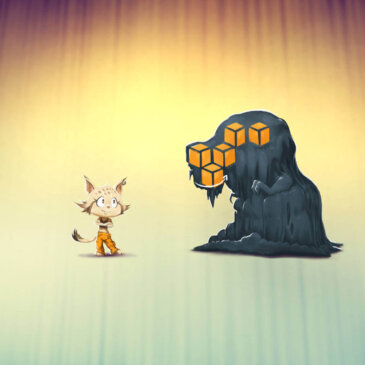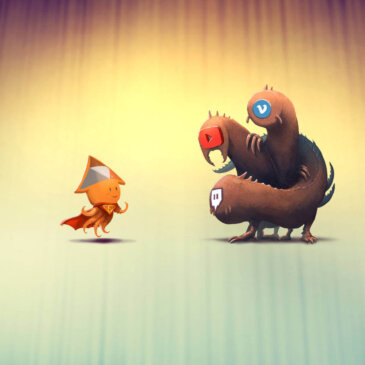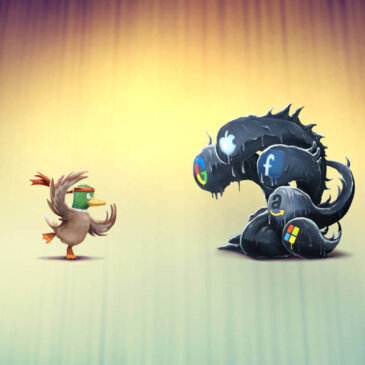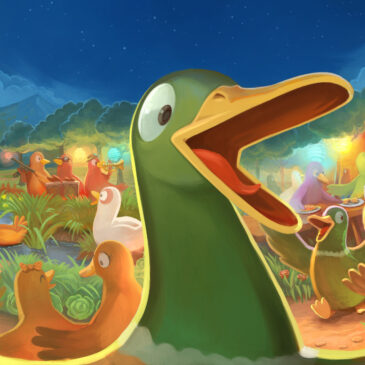Emancip’Asso : Ethical right down to your digits
Until 2022, the time spent on Emancip’Asso was mainly used to find funding for the project, set up and run a steering committee and organise training for ethical service providers, but it was in 2023 that the project really took … Lire la suite








